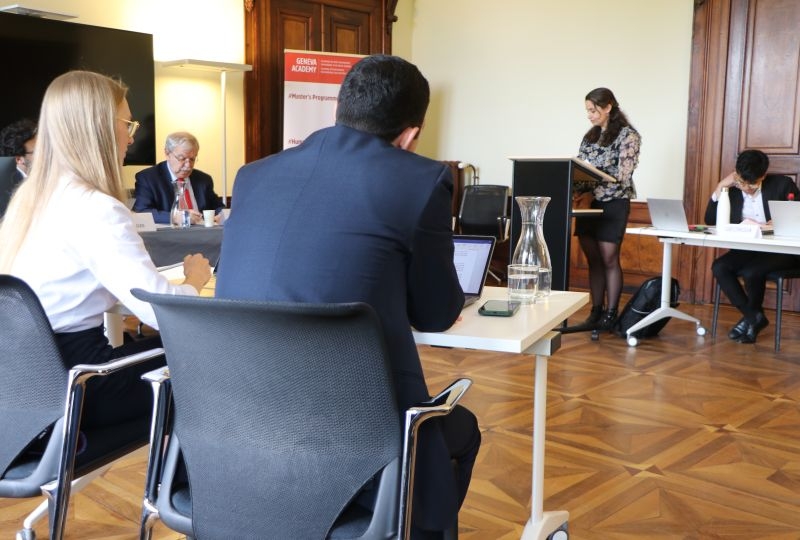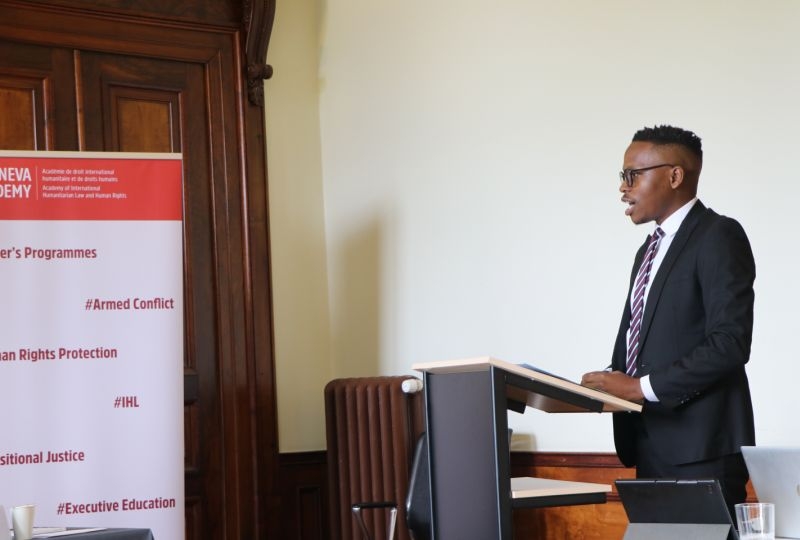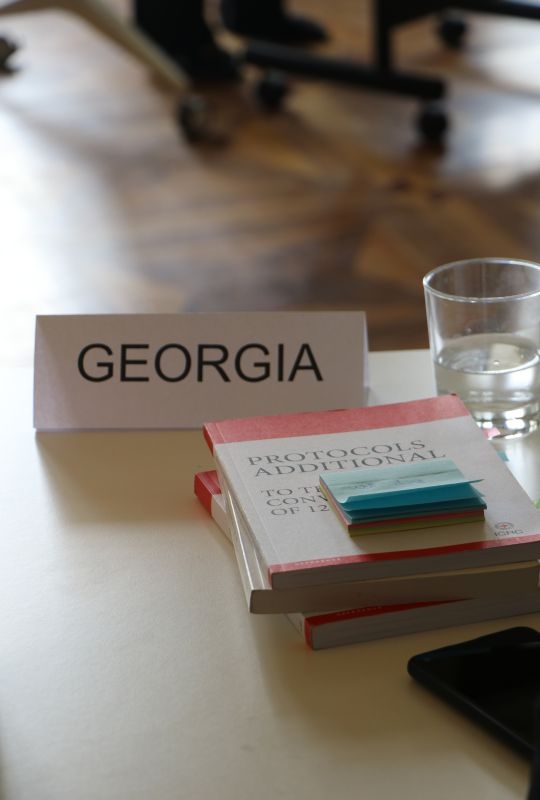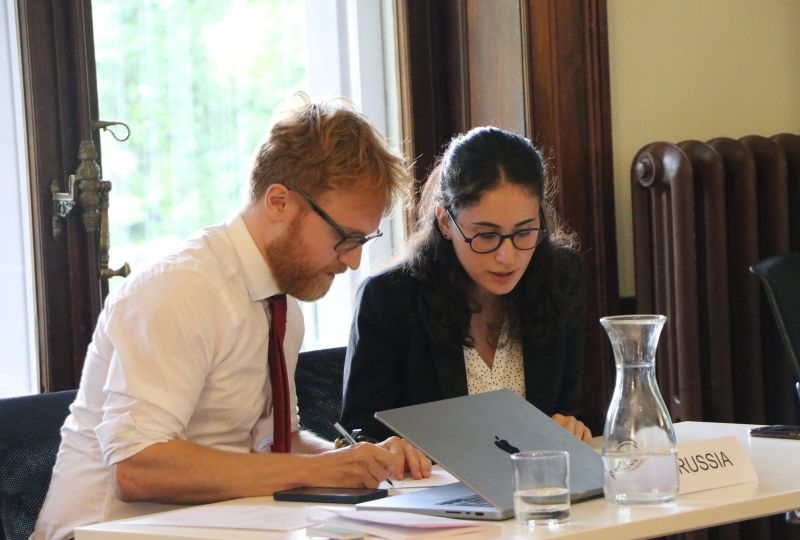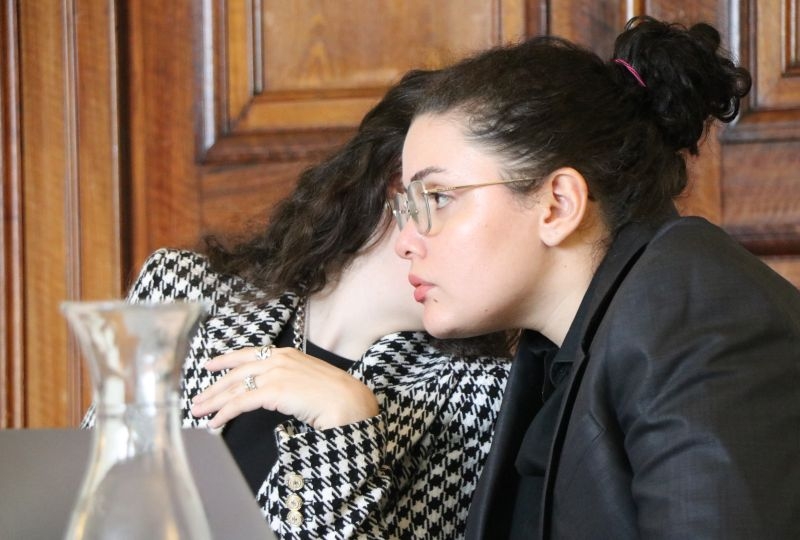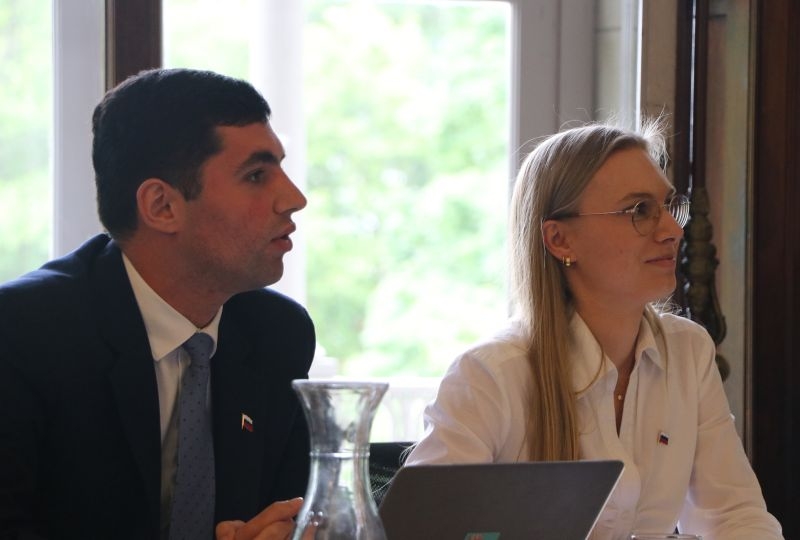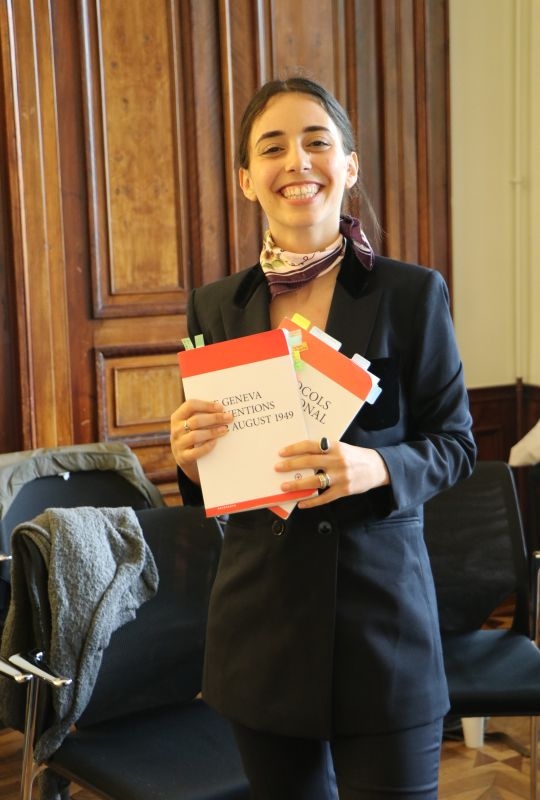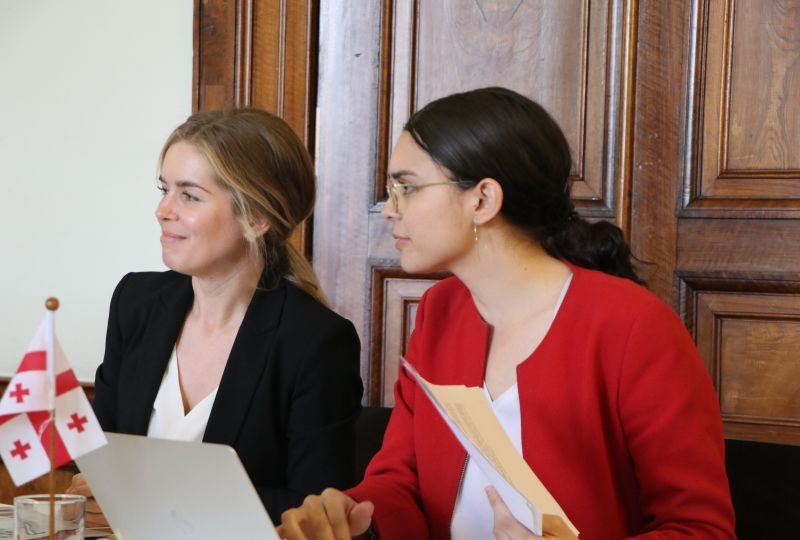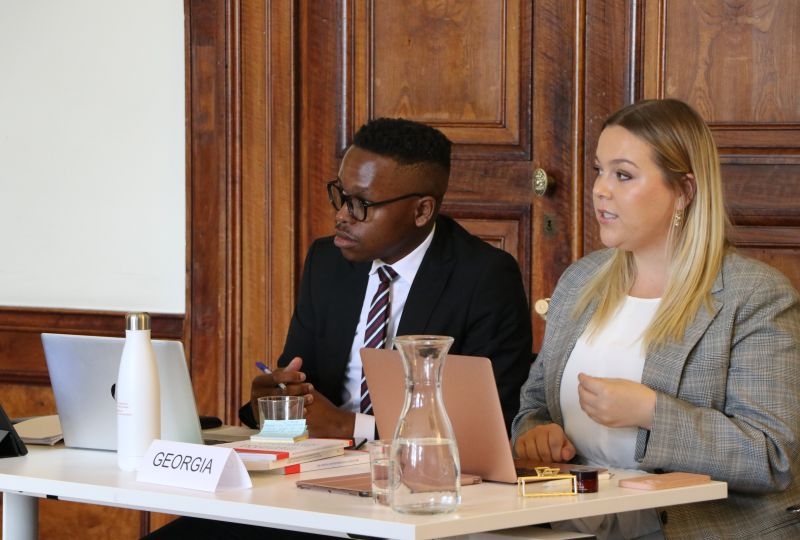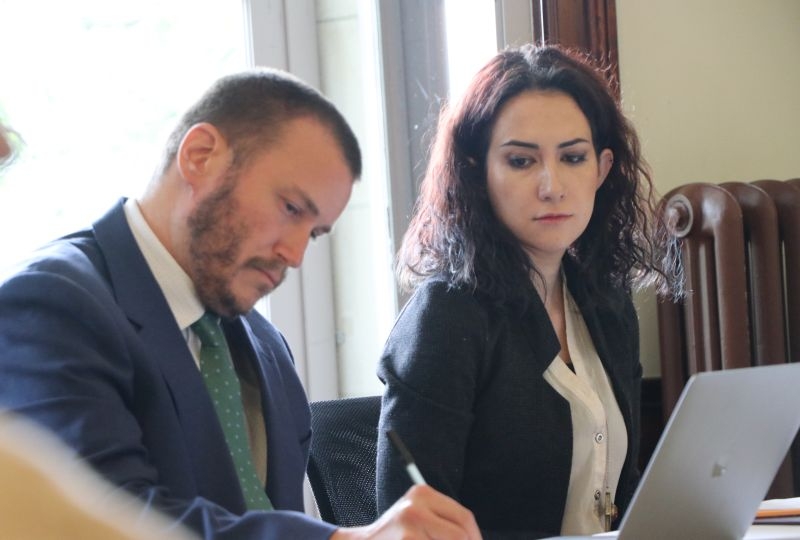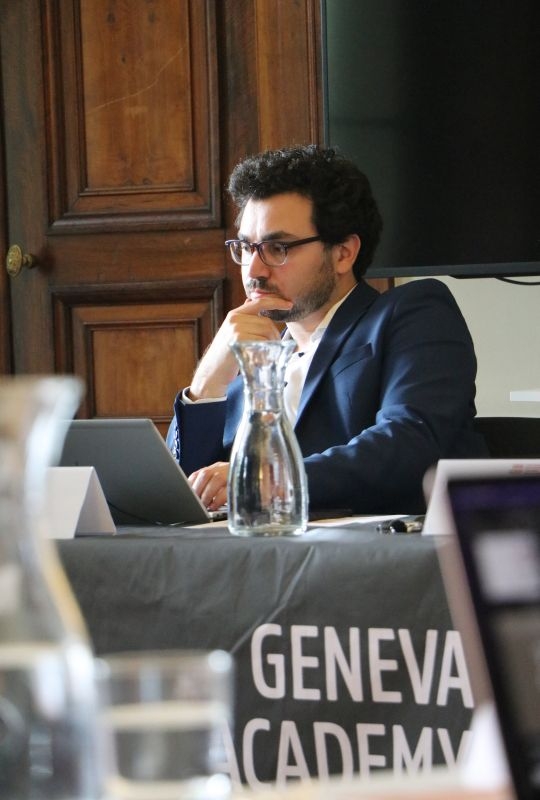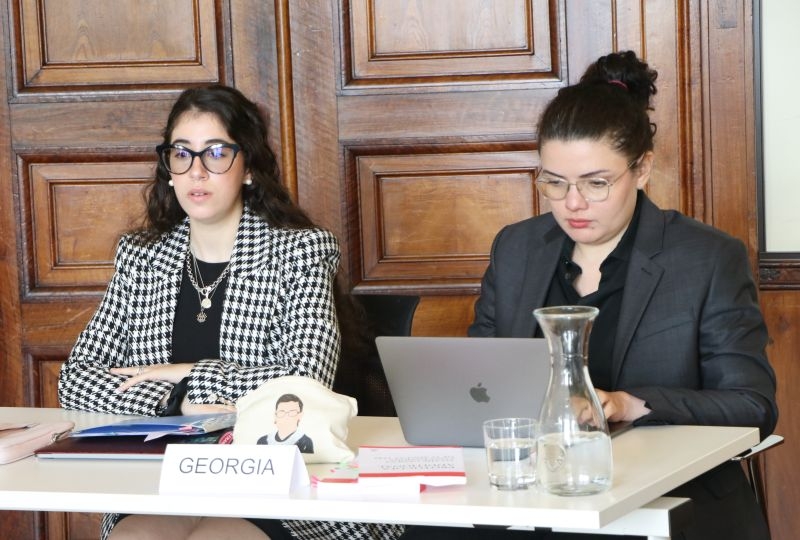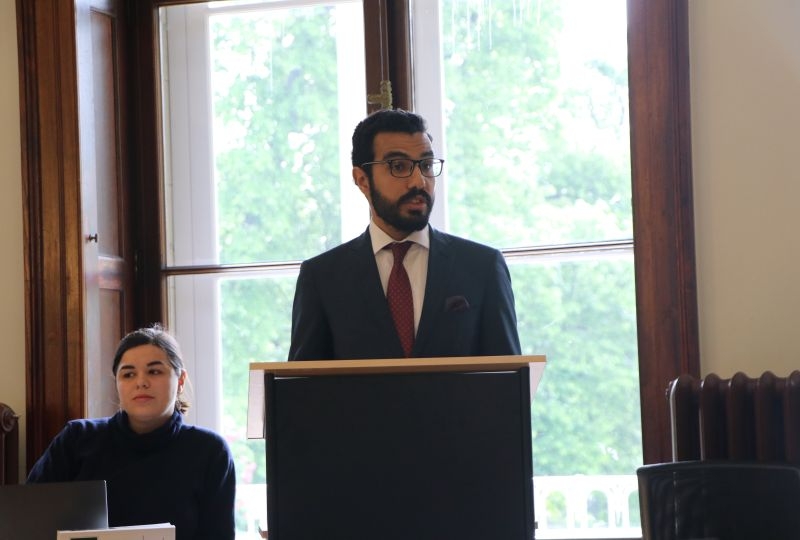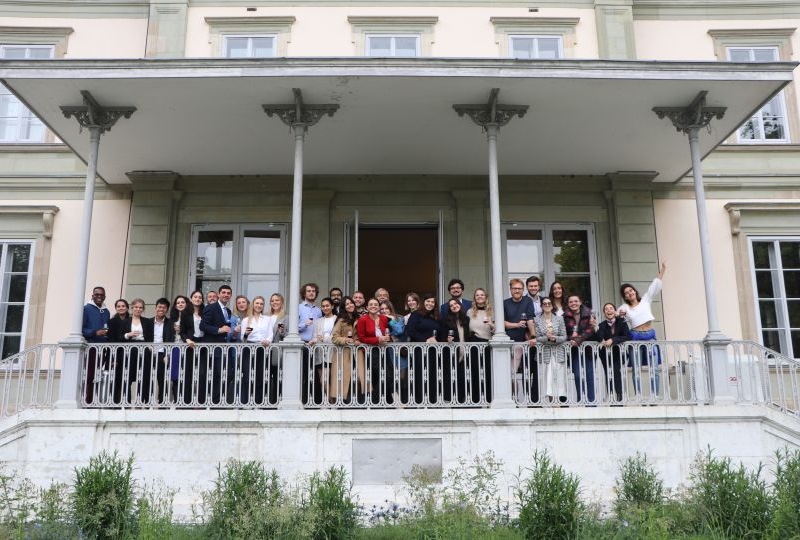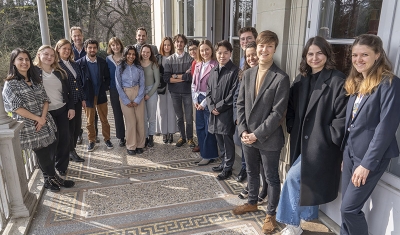The task given to the students was complex and nuanced, as they had to address different territorial units, actors involved, and types of conflicts. It also challenged them on many important international law issues such as the standard of attribution of the conduct of organized groups to states, the obligations to ensure respect for violations of IHL by third parties, and the obligation to protect law and order in areas where states exercise control.
‘This time, students argued on a much less well-known conflict than the one in Gaza, which the other half of the class had argued over four weeks ago. Nevertheless, their grasp of the facts was admirable, and their arguments were committed and forceful while remaining professional and polite to the other side. Several groups achieved full marks. The fact that the majority of the groups were as good or better at answering the jury's questions –which they could not have anticipated –, than in their actual pleadings that they intensely prepared, deserves special mention. From the point of view of the necessary neutrality in the implementation of IHL, it was also remarkable that no one refused to argue on behalf of Russia, although its conduct in Ukraine currently appears indefensible’ says Professor Sassòli.


